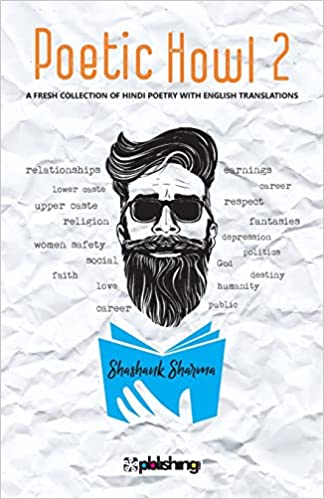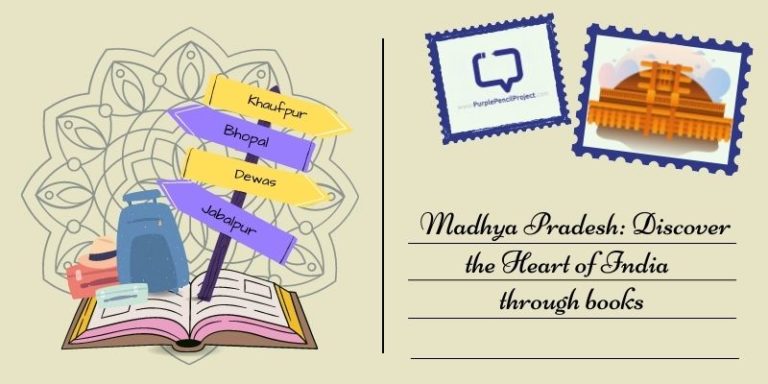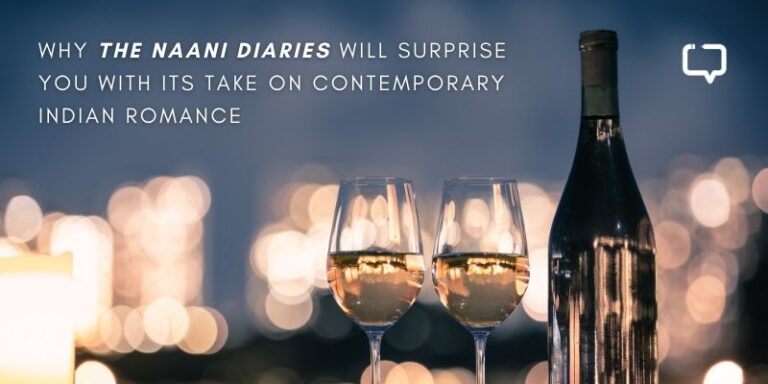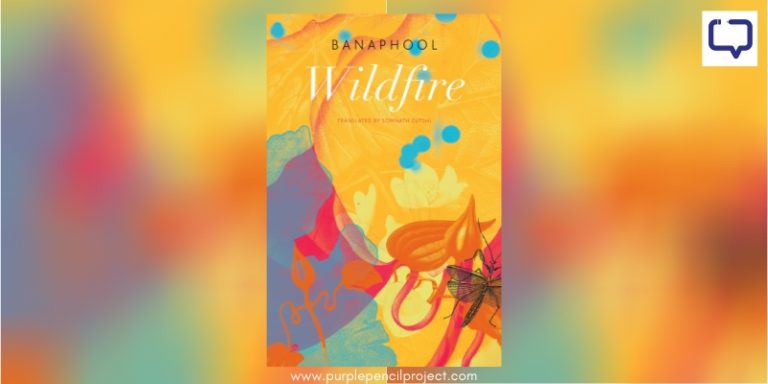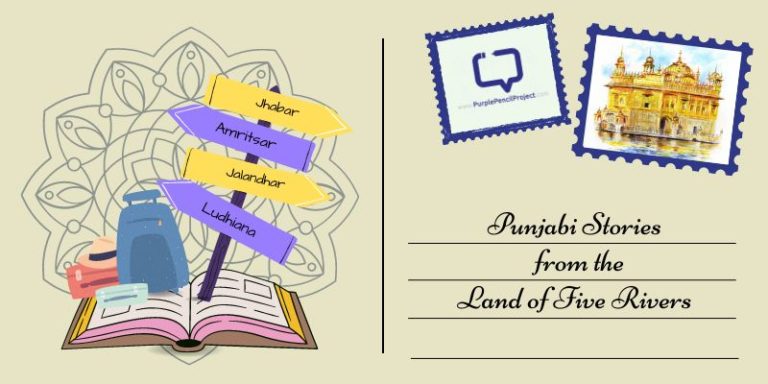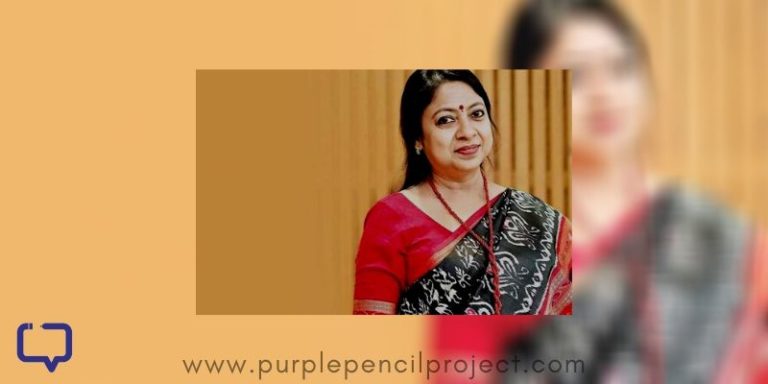The blurb of Shashank Sharma’s poetry book, Poetic Howl 2, reads, ‘An intimate portrayal of life with its perplexing realities, Poetic Howl 2 encompasses a breath-taking casket of a fresh collection of Hindi poetry with English translations’.
We encourage you to buy books from a local bookstore. If that is not possible, please use the links on the page and support us. Thank you.
In reality, it’s a collection of dry, lukewarm and poorly translated Hindi poems which lack depth. Most poems are dressed up in attractive words and catchphrases, but their subject lacks purpose and meaning.
The verses resemble quick scribbles made on the last page of a notebook; talking about social issues, puzzling emotions, generic declarations of angst, reflecting rudimentary thoughts not fully formed.
While these poems cover a vast range of social issues, experiences and common feelings in both languages, they do so poorly.
The poetry book is divided into two parts – ‘Short Poems’ which are half a minute reads (as mentioned in the index), consisting of 37 poems and ‘Short Stories in and as poetry’ which are two-minute reads, consisting of 24 poems.
Short Poems
The poems in this section are tolerable in Hindi, though the same cannot be said of the English translations.
The titles of the poems don’t often sit with the theme and start off on one subject and end at a completely different topic altogether. An example would be the very first poem in this book, ‘Kitna aasan hai’ – at first, it gives the impression that it is a poem about friendship but turns out to have an empathetic theme in a more universal sense. In this regard, ‘Humdard’ would have been a more suitable title. The poet fails to maintain his flow of thought or consistency, and several poems appear disjointed, such as ‘Kyun na jiyu main sab khwab apne’, ‘Jaanvar’, ‘Inhi mein chupi thi’, ‘Bas zara sa’, etc.
‘Bachpan’, ‘Baarish’, Aise kai lamhe’, and many other Hindi renditions in this section are likeable. The poet also brings a flavour of shayari to this book in many poems, one of which is, ‘Hum Tum’ – ‘Kuch baaton se jawa karein, waqt pe padi jhuriyon ko, aur kuch pal aise ho jahan, sirf khamoshiyan farmaye’.
‘Kafi arse baad’, a poem about healing and rejuvenating starts with an interesting use of personification:
Aaj apne hi kuch, purane khayalon se mila main,
kafi arse baad, shanti se baithkar baat bhi ki.
I loved this poem because it was simple yet subtle and to the point. But once again, its translation titled, ‘After a long time’, did not live up.
Another poem, ‘Badtameezi’ has it all – a rhyme scheme, a purpose, juxtaposition. Even its translation, ‘Arrogance’, is good.
‘Sirf lihaz mein chup rehna bhi, kis hadd tak thik hai, na jane yeh kaisi, khamoshi man mein sadhi hai, ki meri har muskan ke peeche, dab rahi ek cheenkh hai’.
This is one of the rare poems that genuinely uplift this collection.
The poet uses descriptive and fitting metaphors but fails to deliver on a deeper level where the reader can connect to the poem.
Short stories in and as poetry
This section of Poetic Howl 2 continues with its collection of philosophical, generic poems on everyday emotional experiences.
The poet has a good sense of irony and uses rhetoric well to get the message across, although they can as easily be interpreted as insulting or sarcastic, like in ‘Muqaddar ka bandar’; either way, it conveys what it wants to, a saving grace for this otherwise mediocre collection.
Some of the better poems include ‘Baatein’, ‘Bhukha bhediya’ and ‘Gutter’, with the poet redeeming himself with heartfelt renditions steadily increasing in depth and meaning, despite the continual generic, been-there-read-that themes.
Translation is a tricky business
A lot of the poems read amazingly in Hindi but poorly in English and the contrasts, sitting across from each other, are striking. Something is always lost in translation; it seems everything was lost in most of these.
Read it for the Hindi poems, if you have to, but skip the English.
Book Cover
The cover is not that great. Themes of the poems printed around the head of a long-bearded man with sunglasses do not disclose the disjointed array of generic emotions hidden underneath it. Not an appealing cover for a poetry book, in my opinion. Although, the use of crumpled paper as the background is a neat visual touch.
Favourite Quote
Kya lajawab umra bakshi hai Khuda ne
Ki jazba toh iski ragon mein daudta hai
Jane kis kranti se banai hai umra ye
Ki waqt bhi sab hadon ko todta hai
You can buy it here.







